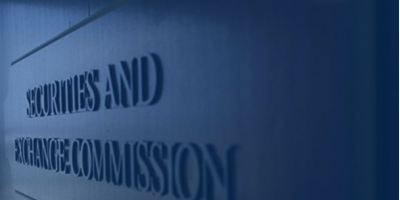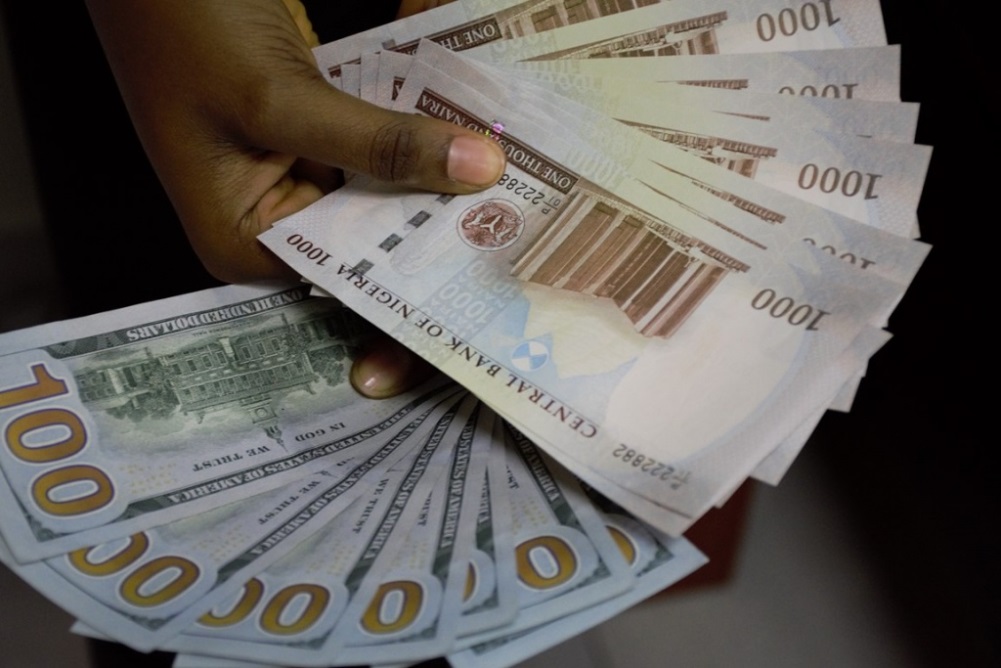Nigeria’s Liberalized Foreign Exchange Regime: Current Impacts And The Near Future
Posted on Thu 13 Oct 2016
- Download Resource
PARTICIPANTS IN THE NEW SINGLE MARKET
Under the new FX Guidelines, participants in the Single Market include Authorized Dealers (all deposit money banks); Authorized Buyers (corporates that are appointed by the CBN as such); oil companies; oil servicing companies; exporters; end users (businesses with legitimate FX demands i.e. demands for transactions that are valid for FX”) and; others who may from time to time be designated by the CBN as participants.
PERIODIC CBN INTERVENTIONS IN THE SINGLE MARKET
The CBN reserves the right under the new FX Guidelines to intervene in the Single Market (for the primary purposes of ensuring liquidity and checking volatility), by either buying or selling FX at no predetermined or maximum spread through the two-way quote system. These interventions are either made via the inter-bank market or the Secondary Market Intervention Sales (“SMIS”).
At the inter-bank market, the CBN trades directly with the Primary Dealers (appointed from among the Authorized Dealers based on CBN-specified criteria) either in FX Spot or in FX Derivatives (i.e. alternative products such as FX Forwards and FX Futures). The intervention-trading shall be for the standard amount (as defined in the Guidelines for FX Primary Dealers) or by placing orders for non-standard amounts in the FMDQ Order Book System.
However, at the SMIS, CBN intervention shall be by selling FX directly on wholesale basis to the Primary Dealers or indirectly on retail basis to end users (through the Primary Dealers) for eligible, documentation-backed transactions.
To kick-start the implementation of the new FX Guidelines in June, the first set of interventions by the CBN were made to clear parts of the $4.02 billion unmet FX demands in the market with the sales of FX Forwards contracts (with tenors ranging from one month to twelve months and amounting to $3.5 billion).
THE 41 BLACKLISTED ITEMS
In a Circular No: TED/FEM/FPC/GEN/01/010, the CBN on June 23, 2015 under the old, pegged FX rates policy, issued a regulation classifying some 41 items as “Not Valid for Foreign Exchange” in the Nigerian FX markets (inter-bank, export proceeds and BDC segments). It is important to note that this regulation (which was updated on June 26, 2015) is retained under the new FX Guidelines. Thus, importers of these 41 items are to continue to source their needed FX from outside the Single Market, although proper documentation of the alternative sources used is to be made and filed with the CBN through their Authorized Dealers. The affected 41 items as listed in the Circular are: Rice; Cement; Margarine; Palm Kernel/Palm Oil Products/Vegetable Oils; Meat and Processed Meat Products; Vegetables and Processed Vegetable Products; Poultry - chicken, eggs, turkey; Private Airplanes/Jets; Indian Incense; Tinned Fish in Sauce (Geisha/Sardine); Cold Rolled Steel Sheets; Galvanized Steel Sheets; Roofing Sheets; Wheelbarrows; Head Pans; Metal Boxes and Containers; Enamelware; Steel Drums; Steel Pipes; Wire Rods (deformed and not deformed); Iron Rods and Reinforcing Bars; Wire Mesh; Steel Nails; Security and Razor Wire; Wood Particle Boards and Panels; Wood Fiber Boards and Panels; Plywood Boards and Panels; Wooden Doors; Furniture; Toothpicks; Glass and Glassware; Kitchen Utensils; Tableware; Tiles - vitrified and ceramic; Textiles; Woven Fabrics; Clothes; Plastic and Rubber Products, Cellophane Wrappers; Soap and Cosmetics; Tomatoes/Tomato Paste; Eurobond/Foreign Currency Bond/Share Purchases.
More Insight
 Fri 21 Mar 2025
Fri 21 Mar 2025IP PROTECTION FRAMEWORK IN NIGERIA - TRADEMARKS
 Wed 18 Dec 2024
Wed 18 Dec 2024SEC’s Draft Rules Facilitate Pension Funds’ Investment In ...





